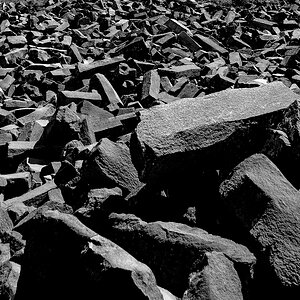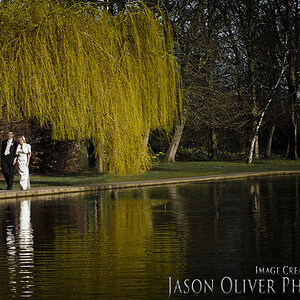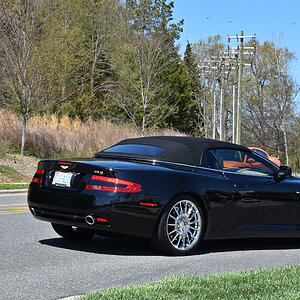Funky
TPF Noob!
- Joined
- Sep 24, 2006
- Messages
- 374
- Reaction score
- 0
- Location
- California
- Can others edit my Photos
- Photos NOT OK to edit
ok well, ive been looking into it, and im just woundering why the d1x and cameras like it are so expensive, the d1x has a useable 5 MP but its nearly 3 times as much as the sony a100 that has an effective 10.2, im not just compairing Megapixles because as weve seen, they hardly mean anything atall. there has to be something to this im not seeing. being as ive only owned minolta and sony equipment im not sure why cameras like the d1x and d2x are so criticaly aclaimed. any insight would be really helpful
thanks
zack
thanks
zack










![[No title]](/data/xfmg/thumbnail/38/38736-5bc266b035e23faf5ad942bdd97466a8.jpg?1619738703)
![[No title]](/data/xfmg/thumbnail/42/42253-fef7e43227f484b1a95dd6d85c03bd40.jpg?1619740063)


